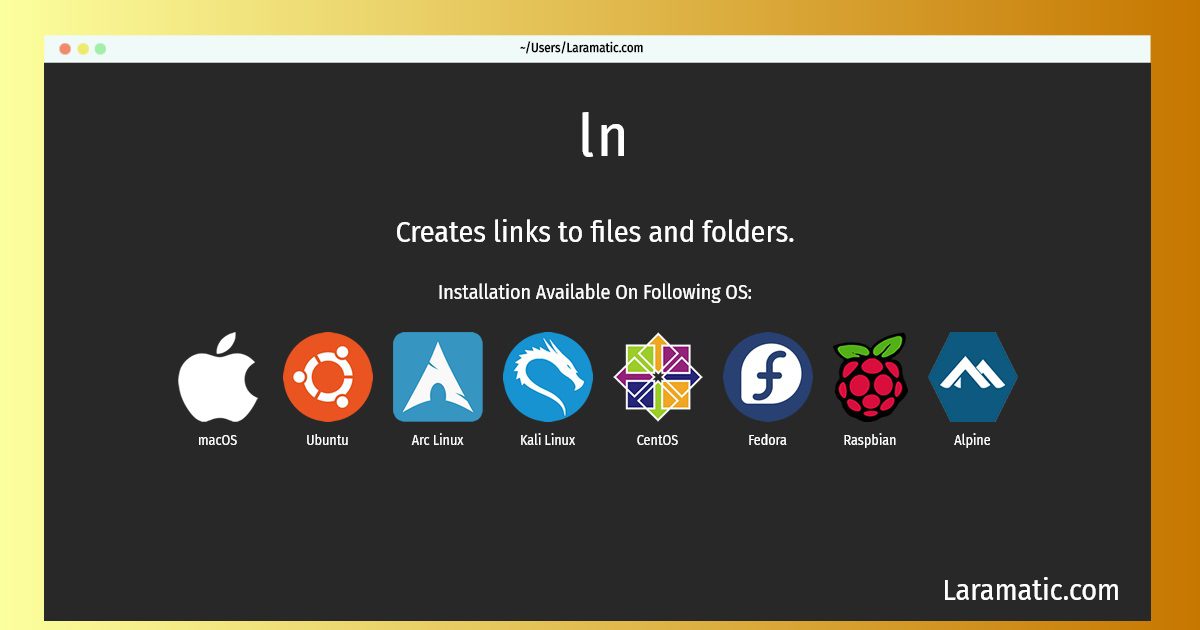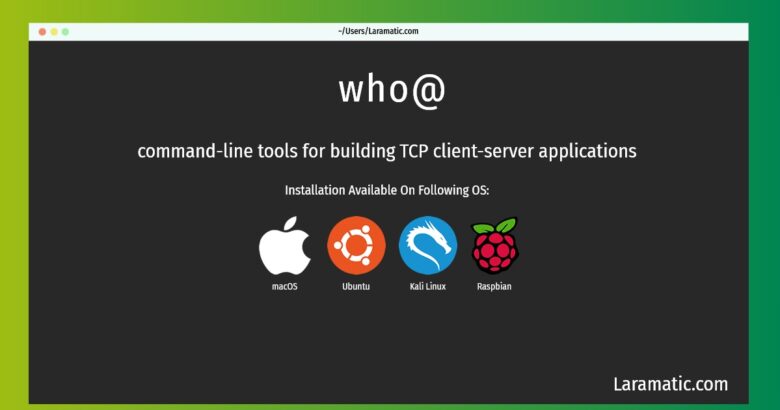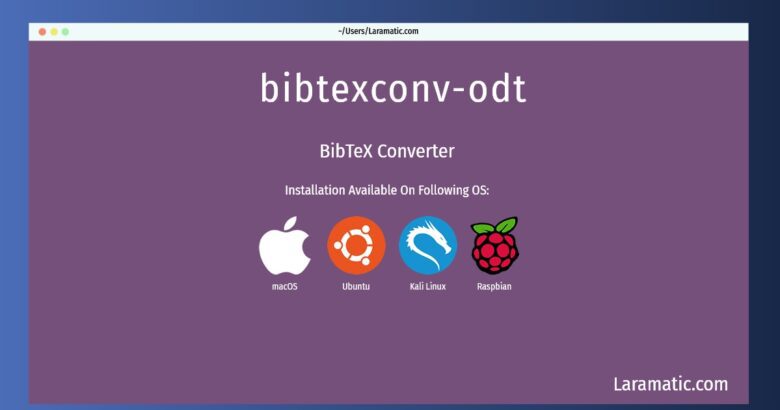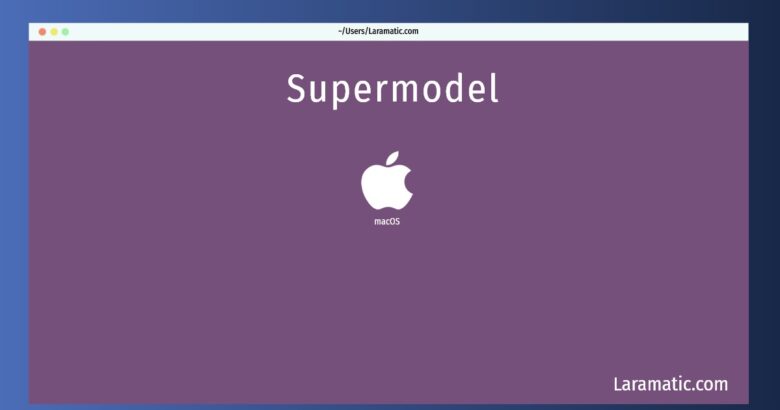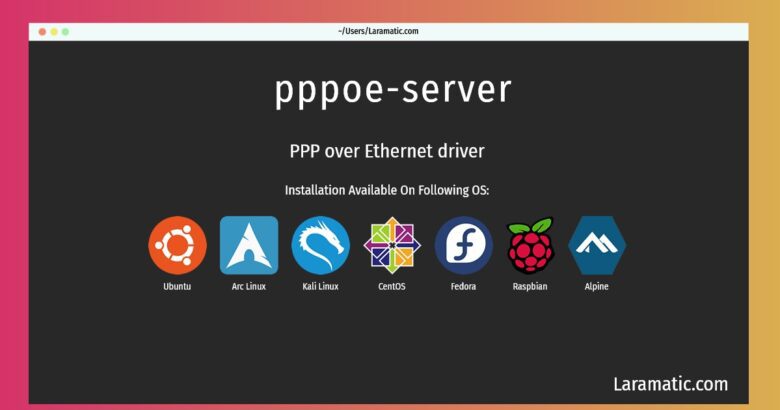How To Install Ln In Debian, Ubuntu, Alpine, Arch, Kali, CentOS, Fedora, Raspbian And MacOS?
Maintainer: Michael Stone
Email: [email protected] .
Website: https://gnu.org/software/coreutils
Section: utils
Install ln
-
Debian
apt-get install coreutilsClick to copy -
Ubuntu
apt-get install coreutilsClick to copy -
Alpine OS
apk add coreutilsClick to copy -
Arch Linux
pacman -S coreutilsClick to copy -
Kali Linux
apt-get install coreutilsClick to copy -
CentOS
yum install coreutilsClick to copy -
Fedora
dnf install coreutilsClick to copy -
Raspbian
apt-get install coreutilsClick to copy -
macOS
brew install coreutilsClick to copy
Creates links to files and folders.
How to use ln?
Below are few example commands for ln that you can use in the terminal.
Create a symbolic link to a file (or folder):ln -s path/to/file path/to/symlinkClick to copyOverwrite an existing symbolic to point to a different file:ln -sf path/to/new_file path/to/symlinkClick to copyCreate a hard link to a file:ln path/to/file path/to/hardlinkClick to copy
Install the latest version of ln in Debian, Ubuntu, Alpine, Arch, Kali, CentOS, Fedora, Raspbian and macOS from terminal. To install the ln just copy the above command for your OS and run into terminal. After you run the command it will grab the latest version of ln from the respository and install it in your computer/server.

